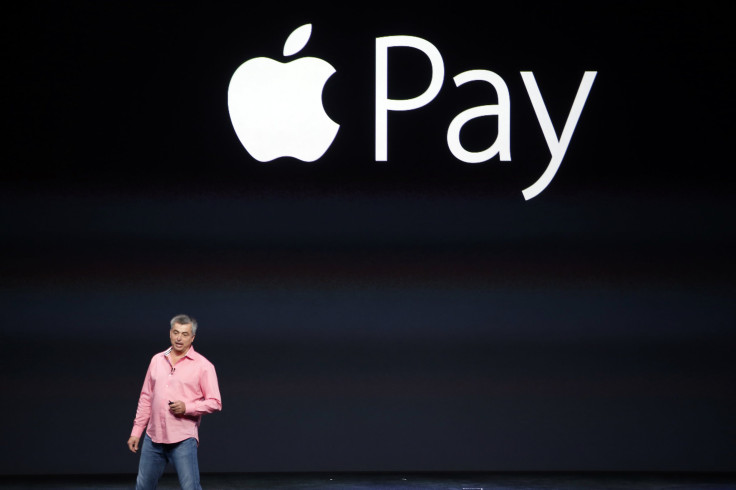Apple Pay Shows Future Banking Will Involve Retail, Telecom And Technology Companies, Says Infosys

Apple's mobile-wallet product Apple Pay was launched Tuesday with a range of partnerships with the largest card providers, banks and retailers. And, the product is expected to change the way people pay and bank, according to Infosys Ltd. (NYSE: INFY), India’s second-largest technology services provider.
Apple Pay is based on near field communication, or NFC, technology, which allows wireless devices to talk to each other at close proximity. The technology has been around for years but hasn’t taken off. However, Apple Pay could change that as its arrival points to the future of banking, according to Rajashekara V. Maiya, head of product strategy at Finacle, the banking software unit of Infosys.
The Bangalore-based company's own mobile wallet solution is available to customers of Bharti Airtel Ltd. (NSE: BHARTIARTL), India's biggest wireless provider, but adoption has been modest. Here are edited excerpts from an email interview with Maiya.
What will be the impact of Apple Pay on the payments industry globally?
Payments, specifically the retail payments industry world over, is undergoing lot of changes and the move by Apple in the payments area reiterates our view of the future of banking, which will be managed by a gang of four -- banks, telecom providers, retail giants and technology providers. Apple's move in this area is demonstrating how increasingly the power is moving toward the end points. With accessibility, affordability, speed and acceptance by the ecosystem, we see more and more firms offering these facilities going forward.
It looks like this is one area where even emerging markets are ripe for disruption. Will Apple Pay push the evolution of the payments ecosystem in India?
Actually, this shift is in a way triggered by the emerging markets, led by Africa. It is a case of reverse innovation. With supporting regulatory environment in place, this trend is going to gain more ground in the coming years. In India, such facility is already offered by leading telecom companies such as Bharti Airtel through Airtel Money in partnership with Infosys.
Tell us about Infosys's mobile wallet: comparisons, any similar features, the state of the NFC infrastructure in India.
In the Indian context, the mobile wallet is gaining ground with more retail customers opting for the same. A strong and complementary ecosystem will take it to the next level in the coming years. Considering the limited use of NFC coupled with still-to-be mature NFC ecosystem, it will be sometime before NFC-based payments pick up in India when compared with South Korea or Japan. Infosys' Finacle taps the power of digital money to unlock new revenue streams, extend distribution reach and foster customer loyalty for financial institutions, telecom service providers and retailers. Its ability to onboard and manage agents using digital channels provides a cost-effective way to reach out to remote customer segments. Additionally, it fosters customer loyalty by delivering cashless convenience to consumers across multiple channels such as mobile, Internet, ATM and kiosk.
© Copyright IBTimes 2025. All rights reserved.






















